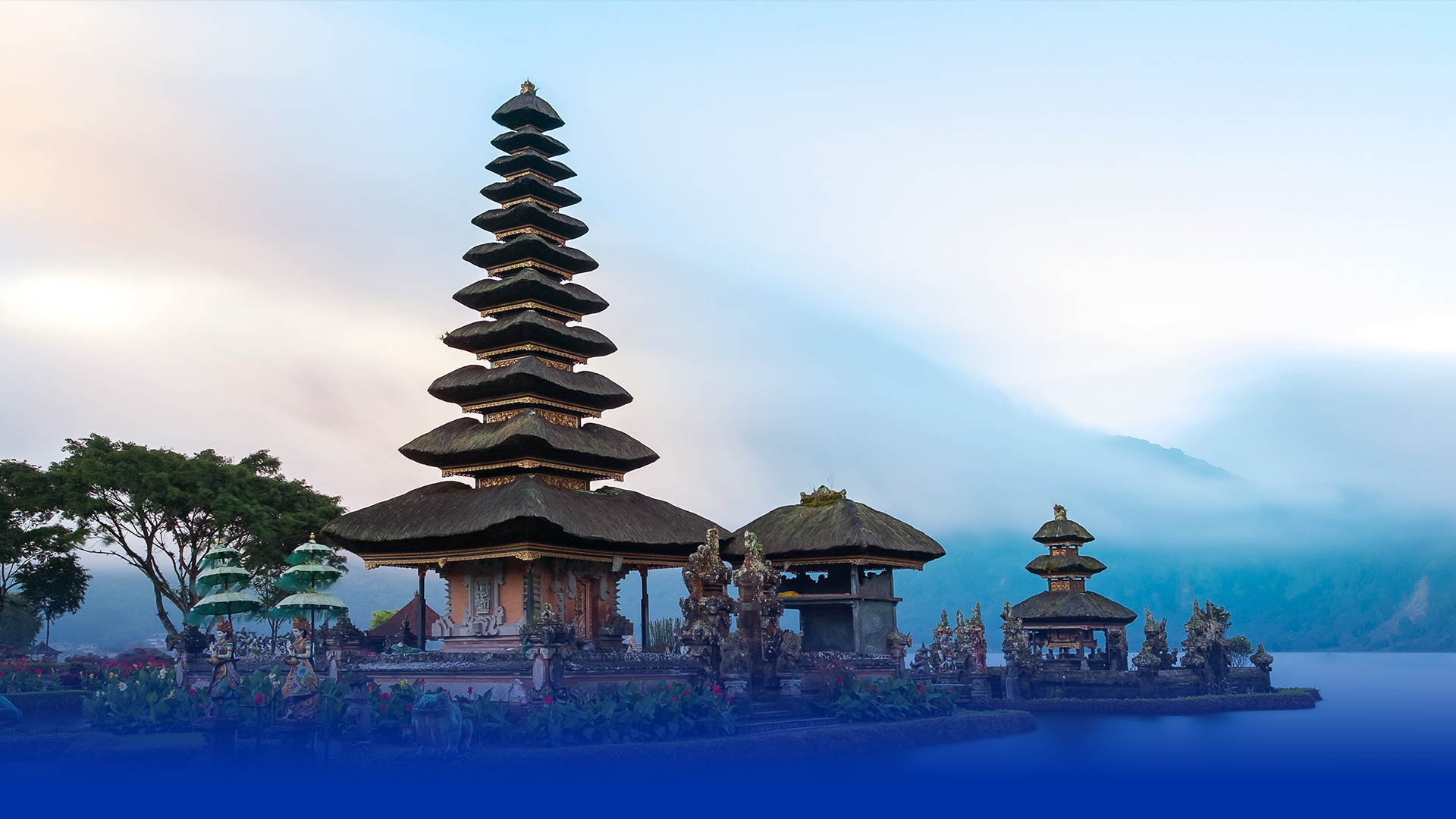Localization in Promotion Campaigns: Effective Strategies for Attracting Consumers

Globalization has driven societies, especially entrepreneurs, to adapt to various challenges in order to reach diverse market segments.
In studying marketing communication and management strategies, Universitas Dian Nusantara (UNDIRA) not only provides education to prepare the best graduates but also opens up opportunities for students to delve into entrepreneurship through the UNDIRA Business Incubation Centre program. UNDIRA has also partnered with several local SMEs to build business relationships for students.
Many foreign brands, such as KFC, Chatime, and McDonald's, have entered the Indonesian market by developing menus that align with local culture. One of the biggest challenges faced by entrepreneurs is consumer preferences. As a strategy to increase sales, companies often localize their products to attract consumer interest.
Rendang Burger, palm sugar-based drinks, and Rendang rice are examples of localization implementation. Another example is the implementation of USB Type-C on iPhone Series 15, done to comply with the European Union's “Common Charging Device” regulation.
According to one of the lecturers from the Management Study Program, Mr. Luthfi Alhazami, S.E., M.M., the localization of foreign products is not only carried out to comply with local regulations but also to meet the needs of the local market. Localization aims to make products more relevant, acceptable, and competitive in the target market.
Mr. Eriklex Donald Sahusilawane, S.E., M.M., the Director of Innovation and Business Development at UNDIRA, believes that through product localization, society can more easily accept the presence of these products. “The use of aesthetics (taglines and designs) that correlate with local culture is very important. For example, color choices can affect how successfully an imported product is received in a country. In China, for instance, white is often associated with mourning,” said Mr. Eriklex Donald.
In addition to design elements, companies, especially in the food and beverage industry, must meet general and specific requirements as part of localization. In the food and beverage industry, there is a standard called HACCP (Hazard Analysis and Critical Control Points), a food safety management system that helps identify, evaluate, and control food quality and safety standards.
Health regulations vary from country to country. For example, Indonesia requires halal labeling as a condition for product localization. Each country has different health regulations to ensure that localized products meet quality standards before consumption.
Mr. Luthfi also added that there is an emotional aspect to product localization. With different tastes in each country, localization allows products to be adapted to local preferences. Products with local wisdom are generally more easily accepted and perceived as caring about the local community, which can increase customer loyalty. “Consumer preferences vary in each country. Localization allows products to be adapted to local tastes, such as food flavors, design styles, or specific features in technology products,” said Mr. Luthfi Alhazami.
Localization can also encourage the growth of local SMEs. Locally adapted products have the potential to better meet the cultural tastes and needs of consumers. By understanding and observing local cultural values, SMEs partnering with importing companies can build better relationships with customers and gain their loyalty.
Localization not only helps in building an image or merely being a marketing campaign but also serves as a bridge between imported products and the local community. Through effective collaboration between importers and local SMEs, product distribution efficiency can be increased, providing long-term benefits to the local community. This way, they can more easily spread information about the quality and local wisdom of products to the next generation.
(Danang Respati Wicaksono / HUMAS UNDIRA)
Press Contact :
Biro Humas & Sekretariat Universitas Dian Nusantara
Facebook : www.facebook.com/undiraofficial
Instagram : www.instagram.com/undiraofficial
Twitter : www.twitter.com/undiraofficial
www.undira.ac.id
Other

Enhancing the Skills of Independent Workers: UNDIRA Collaborates with the Ministry of Manpower to Conduct Training for West Jakarta MSMEs
Read more
Reading the World: Together Opening the Window of Literacy on World Book Day
Read more
Taking a Moment to Find Serenity and Enlightenment: The Meaning of Nyepi Day for Humanity
Read more
Campus Tanjung Duren
Jln. Tanjung Duren Barat II No. 1
Grogol, Jakarta Barat. 11470
Campus Green Ville
JIn. Mangga XIV No. 3
Campus Cibubur
Jln. Rawa Dolar 65
Jatiranggon Kec. Jatisampurna, Bekasi. 17432







